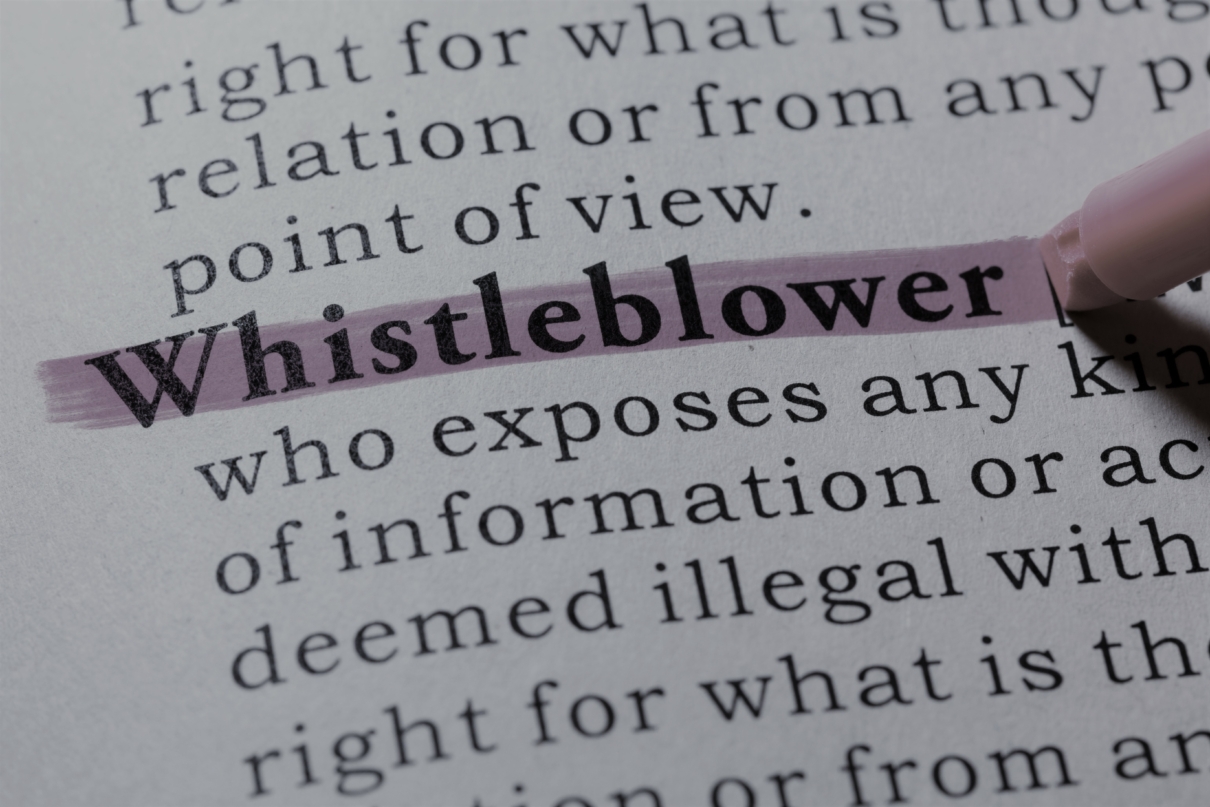The whistleblower directive is coming. But very few companies have taken care of it yet. This is shown by a recent PWC study. And it also confirms our impression in practice. But time is pressing: if the law is finally passed by parliament, all companies with 50 or more employees will be obliged to install a corresponding system. And the number of employees here is based on the European concept of employees – and this differs from the usual way of counting. Employees include everyone employed by the company without exception, including interns, mini-jobbers, and the management itself. This is important for determining whether thresholds are reached or not.
Anchoring the Whistleblower System in the Company
The draft will be passed in the next few weeks to achieve what the Whistleblower Directive aims to do: In the future, whistleblowers are to be better protected against reprisals if they point out abuses in the company. The aim is to prevent warnings, reprimands, discrimination and even dismissals. To ensure this in practice, the burden of proof is shifted to the employer before the labour courts. If a whistleblower is given a warning or transferred, for example, the employer must prove that there is no connection with a whistleblower. This can be complicated when in fact it is not. That’s why companies are well advised to document exactly what behaviour of an employee led to the necessary steps. In general, documentation plays a crucial role in the whistleblower protection system.
Communicate, analyse, document: The internal Reporting Office
In practice, the Whistleblower Protection Act obliges companies with more than 50 employees to introduce a reporting system. Employees or third parties can use the reporting channels to submit reports about grievances or violations. This internal reporting office must meet various criteria and can be established within the company or outsourced to external third parties. Confidentiality must always be maintained: The identity of the whistleblower and the persons named in the report must be protected. The draft law therefore stipulates that persons who work for the hotline and receive the tips must be able to work independently and must be experts in their field. Even if they only work for MROS for a certain number of hours, their other tasks in the company must not lead to a conflict of interest with their work at MROS. Since such an independent and expert person is unlikely to be available in smaller companies, it is advisable here to outsource the reporting office. An external reporting office can take over communication and be integrated into the company through processes. And by outsourcing the tasks for a whistleblowing system, not only are the processes set up in a rule-compliant and professional manner: The company has more free capacity, does not have to worry about the training and further education of the required personnel and, above all, avoids the conflicts of interest that cannot be avoided in small companies.
THE MAK`ED TEAM advises medium-sized companies on how they can implement a professional whistleblowing system with their individual framework conditions. During implementation, companies receive support from Complian`se GmbH & Co. KG – which specializes in compliance services for small and medium-sized businesses and supports companies in the implementation of a whistleblower system.


